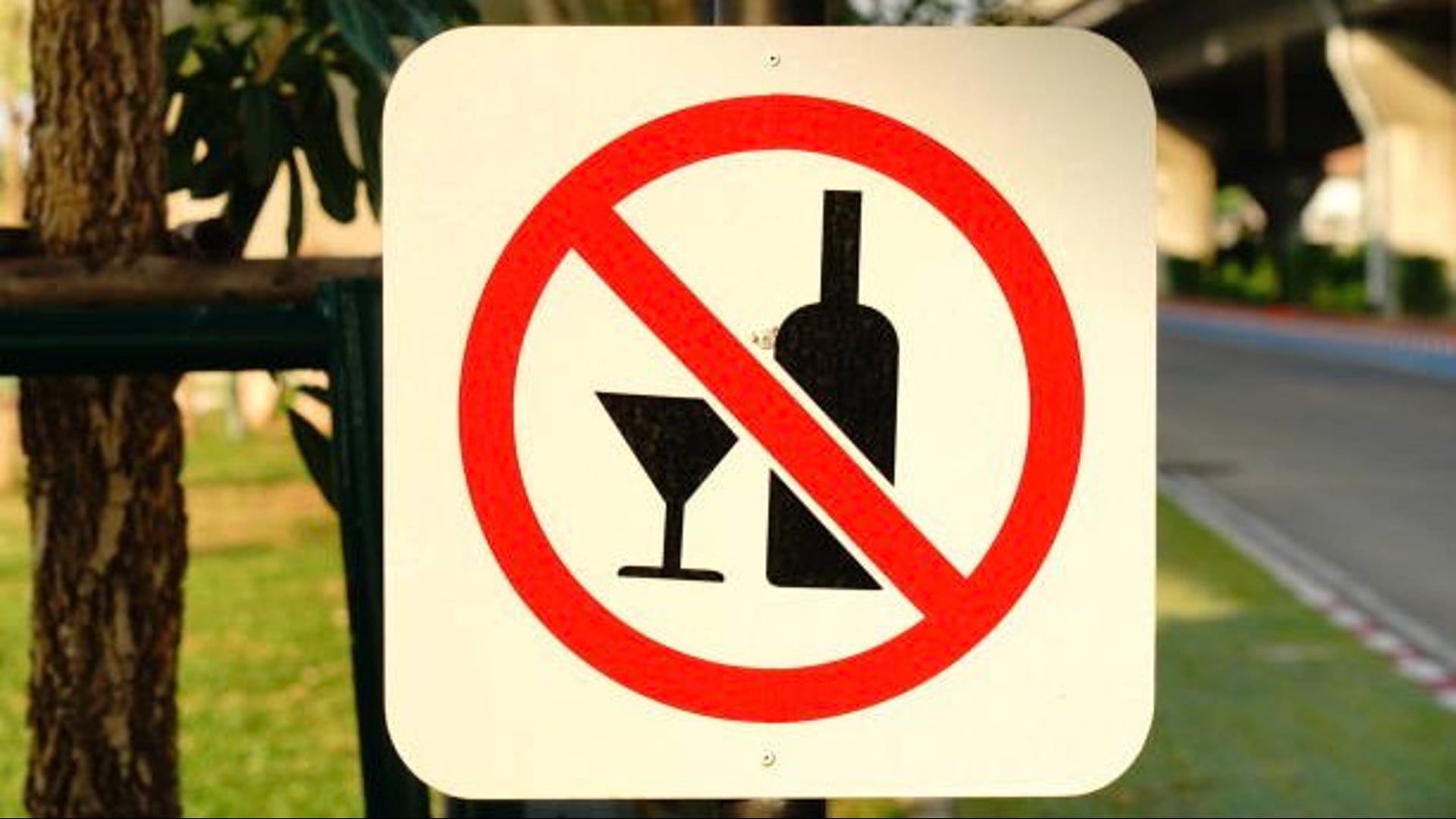This singer got sober at 25. How 'rock bottom' and recovery look different at that age

Is there such a thing as "too young" to get sober?
At 25, Lauren McQuistin decided she needed to quit drinking for good. At the time, she was studying and performing opera at Yale School of Music. Many of her peers were deep in heavy, college-era drinking habits. But she was addicted, and as she used alcohol to cope, her life became “unbearable.”
There wasn’t a “rock bottom” moment like she’d always heard about. She hadn’t been arrested, fallen into debt, lost her house or spouse or kids. She didn’t even have any of those things. (“Who could afford a house, right?” she tells Paste BN.) She thought she had to wait for something really bad to happen before getting sober and “on the right track.”
“I didn't feel like I was ever on the track,” McQuistin says.
This is one of the experiences with alcoholism and sobriety that McQuistin and other young people are eager to rewrite. In her memoir and guide “No Lost Causes Club” (out now from Blackstone Publishing), McQuistin, now 32, writes that rock bottom “doesn’t have to be the worst things can get. It’s the moment you don’t want it to get any worse.”
Using memes and humor to cope with recovery
McQuistin runs the Instagram account @brutalrecovery, a page dedicated to memes that don’t sugarcoat sobriety. It leads with humor, something that Gen Z is well-accustomed to in the face of difficulty or trauma.
She started the account as a joke to share what she was struggling with or funny “contradictions” about her sober friends – “We’re so tough, we can do impossible, impossible things, but we really struggle to brush our teeth,” she says, laughing. Now, she has 179,000 followers.
Because getting clean can be a “hard sell,” McQuistin says much of the language around it focuses on the after, not the during, of quitting drinking. On the low end, sobriety mitigates alcohol-related symptoms like headaches, stomach aches and anxiety from hangovers. Alcohol consumption is also related to a wide range of health issues, including certain cancers. Many get sober because, frankly, they could die if they don’t stop drinking.
But McQuistin wanted more people to talk about the hard parts of sobriety. When she got sober, she had to confront her self-harming behaviors, eating disorder, relationships, escapism and trauma.
“When you’re talking about sobriety, you want to talk about the benefits. You don't necessarily want to talk about the things that you have to go through for those benefits to start metabolizing,” McQuistin says. “I want to talk about the things that we don't talk about so much because I remember sharing that with other people and hearing them reflect that back to me, I felt so much less broken.”
With @brutalrecovery, she can talk about all parts of sobriety – especially the ugly ones. One post rounds up “early recovery experiences like confusion, disconnect, emotional deregulation, “becoming an adolescent again” and feeling like “everything hurts.” Another “tag yourself” post boasts different types of sober people in McQuistin’s signature humor: “grandmacore sober,” “cold shower, wild swimming sober,” “overspending to feel something and fill the void sober” and “9 hours of playing the sims a day sober.”
She also celebrates the things she doesn’t miss from her days of addiction, like “checking my bank balance after a mysterious force spent all my money.”
“We have this community of holding our past lightly. We take it seriously – I have to take my recovery seriously, but I can’t take myself too seriously and that’s why I really enjoy the community of laughter around that,” McQuistin says. “We’re really fun, we laugh in recovery. We don’t get sober to be somber.”
How Gen Z, millennials are doing sobriety differently
When McQuistin got sober, she needed to reevaluate the way she made friends and socialized with people her age. Some judged her. Now, she says, young people see her sobriety as a “valid choice.”
McQuistin thanks “trauma-informed thinking” and greater vulnerability about mental health in a generation that’s “lucky enough that we have words to describe our experience.” Today, we know addiction is a disease and not a personal deficiency. There’s a more holistic understanding that addiction doesn’t exist in isolation – it can influence and be influenced by anxiety, depression, post-traumatic stress disorder and eating disorders.
As “sober-curious” movements like Dry January gain traction, so does sobriety overall. Young adults, including Gen Z and millennials, are drinking less than in previous decades, a 2023 Gallup survey found. In January, another survey found that 65% of Gen Zers said they planned to drink less in 2025 and 39% said they’d adopt a dry lifestyle this year.
“It’s so indicative of how millennials and Gen Z are learning from what doesn’t work in past generations,” McQuistin says. “And rather than putting a stamp or a line underneath something to say ‘This is it,’ we get to investigate our choices. We get to be thoughtful and mindful about them and really work out what our path is because, as I say in ‘No Lost Causes Club,’ the path doesn’t exist anymore.”
Clare Mulroy is Paste BN’s Books Reporter, where she covers buzzy releases, chats with authors and dives into the culture of reading. Find her on Instagram, subscribe to our weekly Books newsletter, or tell her what you’re reading at cmulroy@usatoday.com.